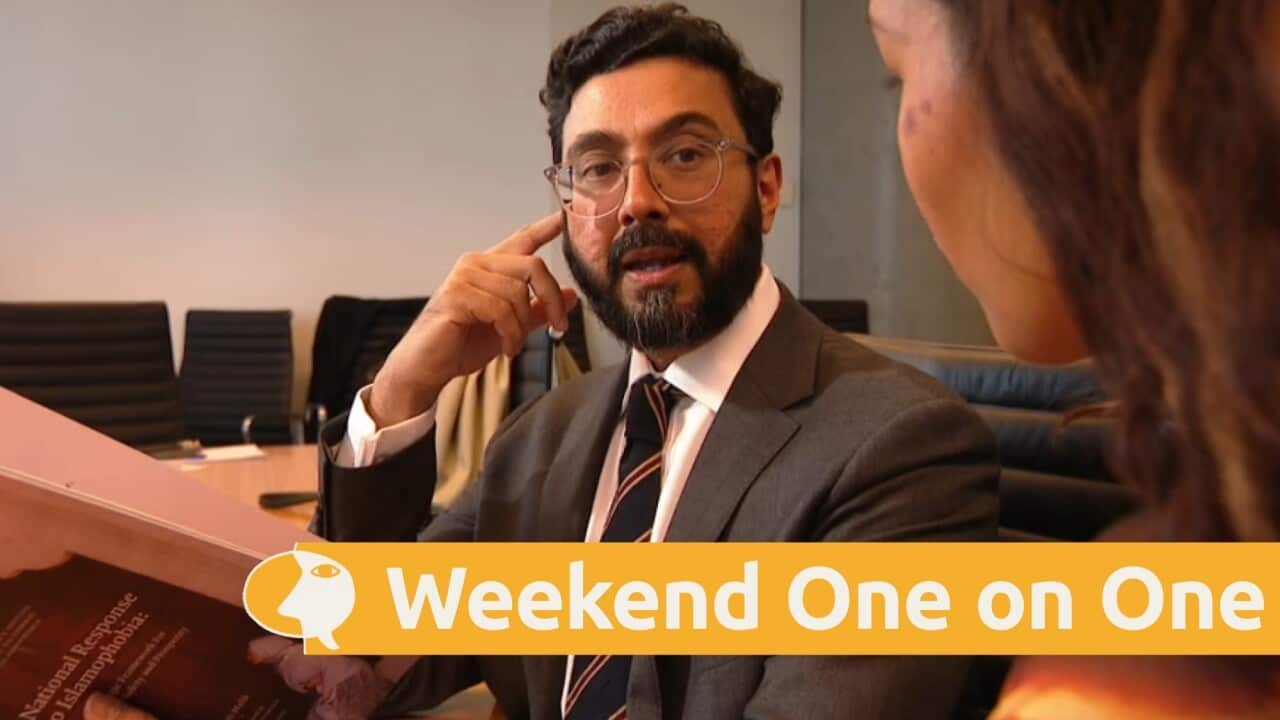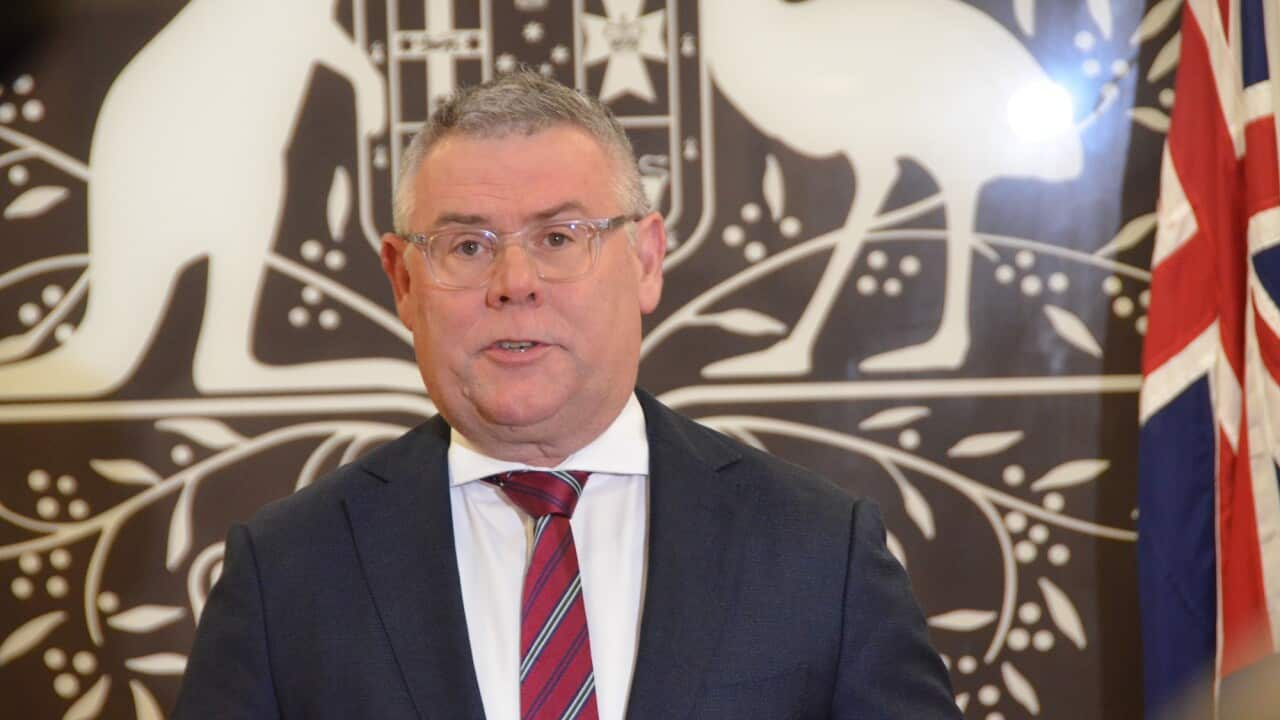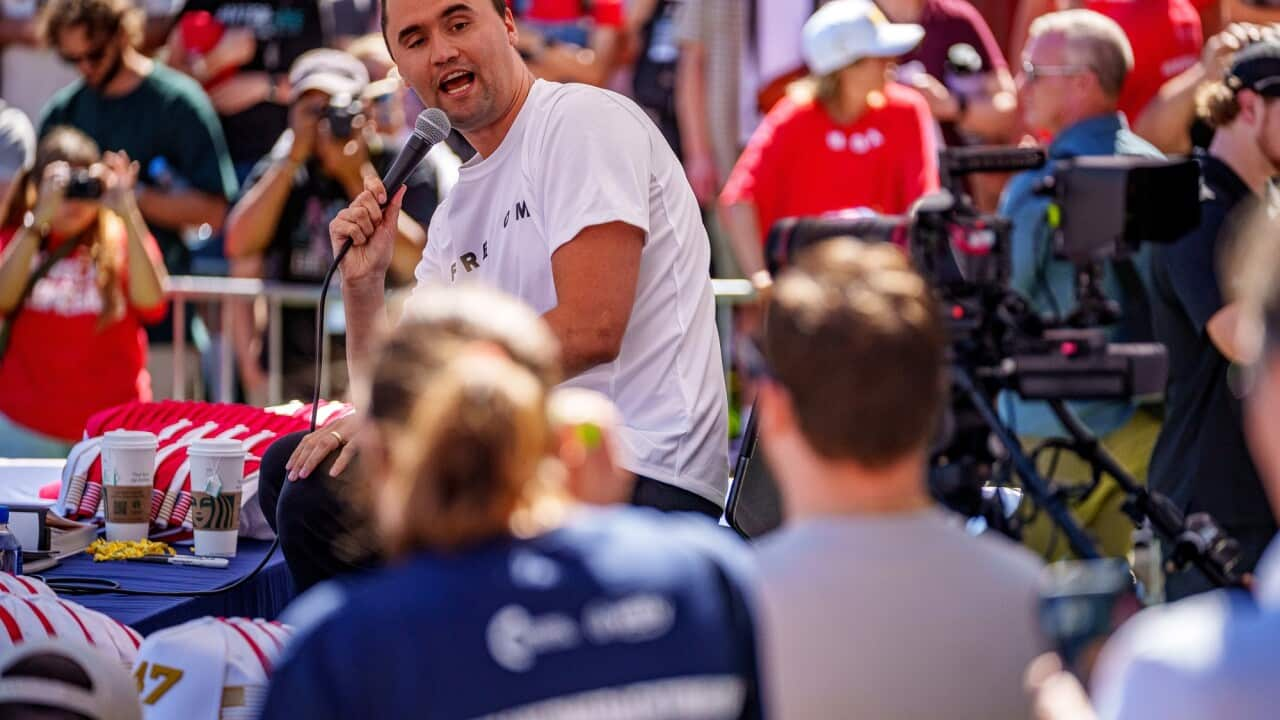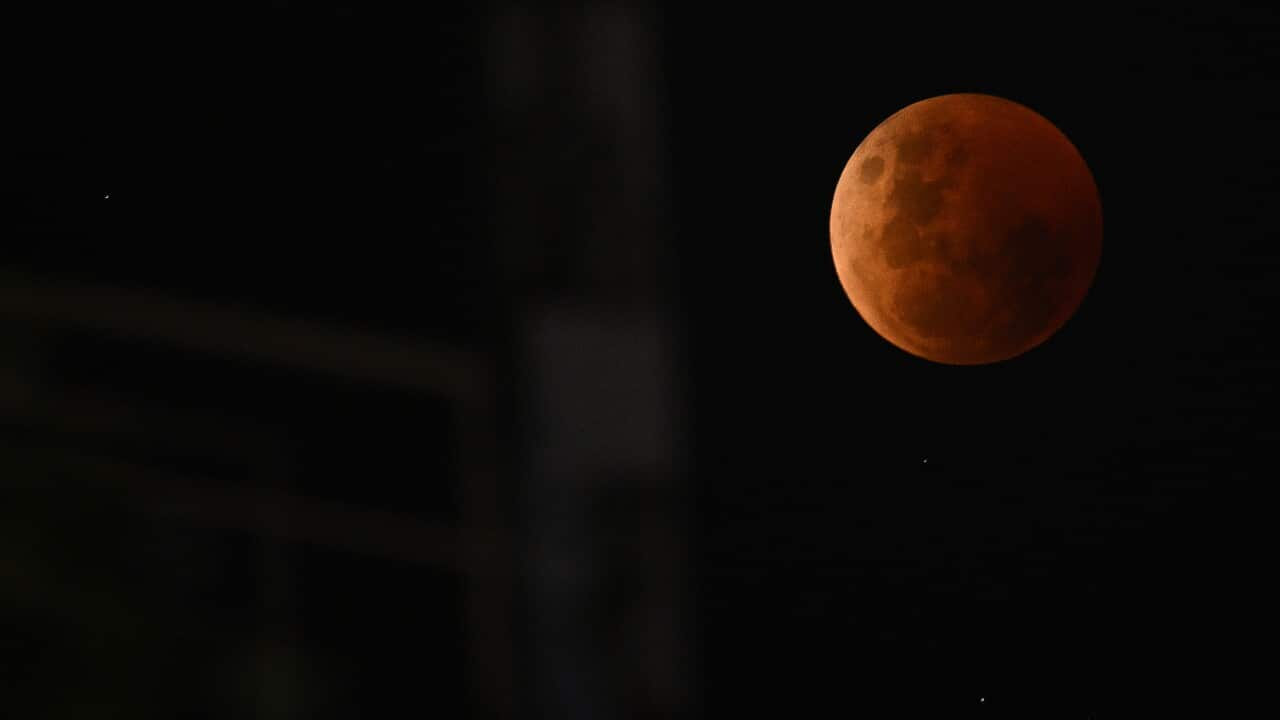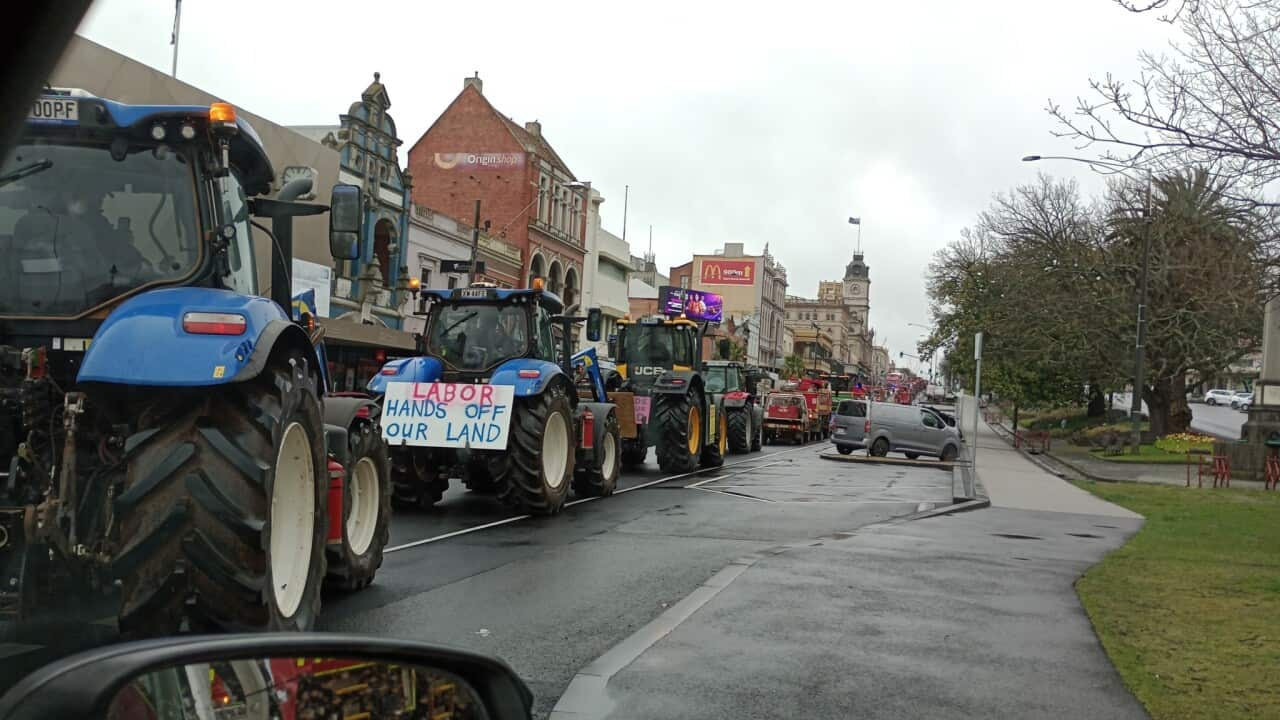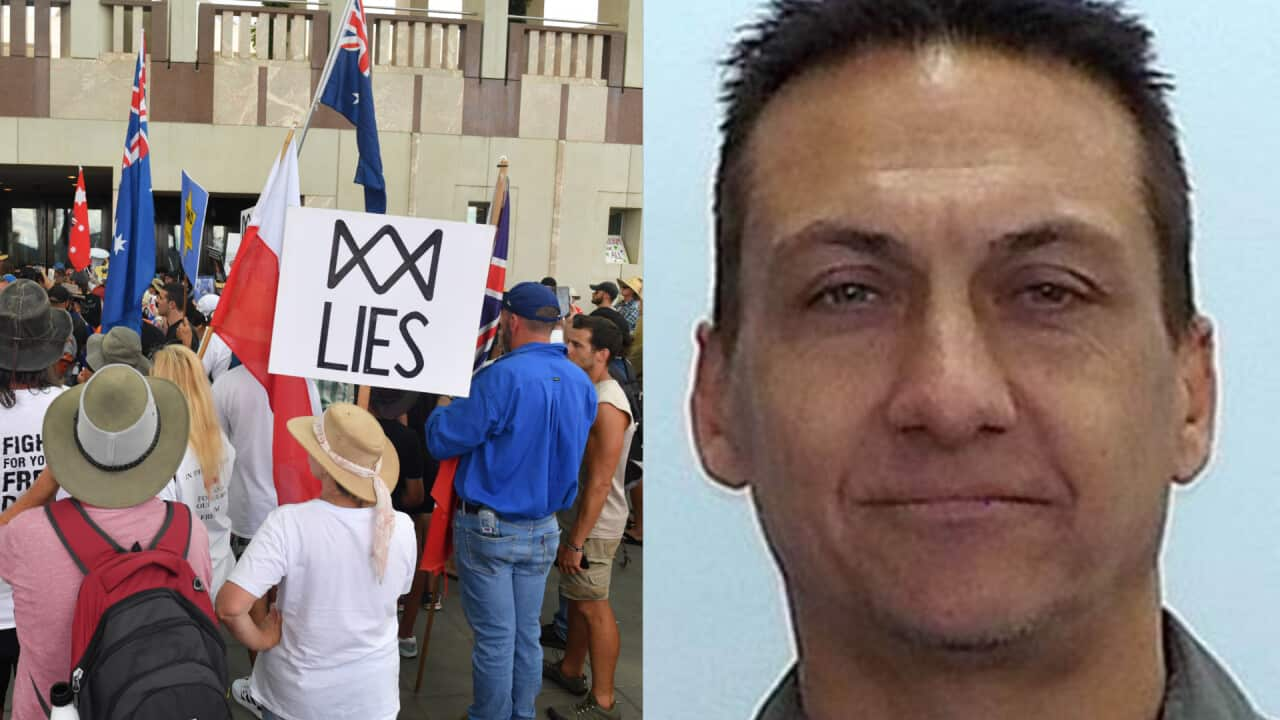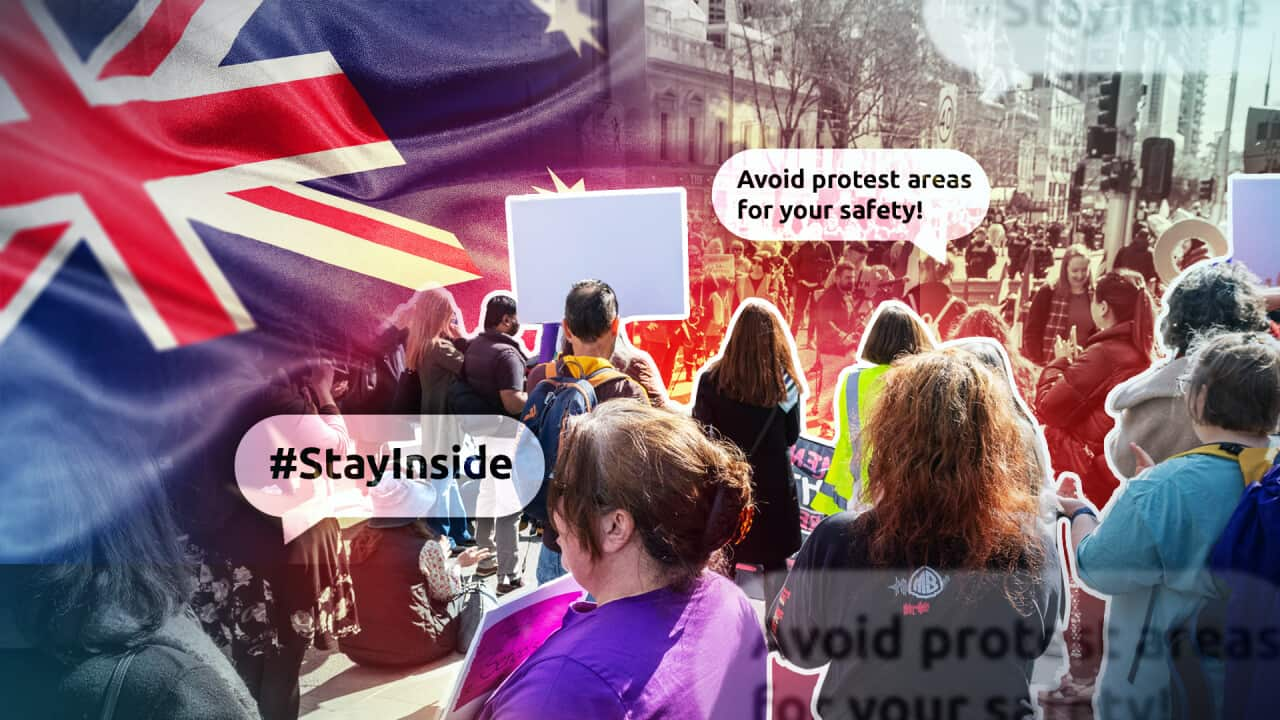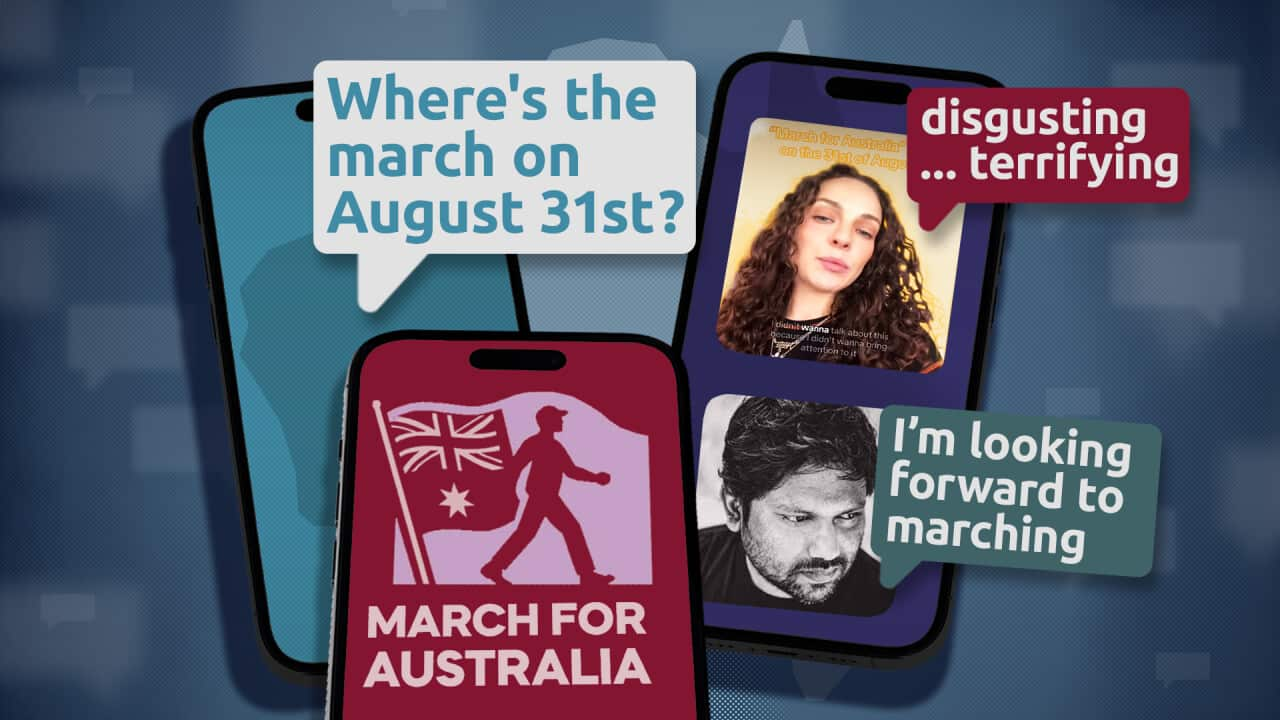TRANSCRIPT
Air raid sirens sounded in Tel Aviv and Jerusalem, the country's two largest cities before dawn, sending residents rushing into shelters.
The military says its air defence systems were operating, seeking to intercept Iranian missiles.
It says rescue teams were operating at a number of locations across the country where fallen projectiles were reported, without commenting on casualties.
Israel's ambulance service says at least 34 people were injured on Friday night in the Tel Aviv area, most with minor injuries and police later reported that one person had died.
Israeli Prime Minister Benjamin Netanyahu says Israel's operation will continue for as many days as it takes to remove the threat it says is posed by Iran's nuclear program.
He also had a message for the people of Iran.
"The Islamic regime, which has oppressed you for nearly 50 years threatens to destroy my country, the State of Israel. The objective of Israel's military operation is to remove this threat- both the nuclear threat and the ballistic missile threat to Israel. And as we achieve our objective we are also clearing the path for you to achieve your objective, which is freedom."
Several explosions were heard in the Iranian capital Tehran, the semi-official Tasnim news agency reported.
Iran's UN envoy Amir Saeid Iravani said at least 78 people, including senior military officials, were killed in Israel's strikes on Iran on Friday, and more than 320 people were wounded, most of them civilians.
The strikes also killed Iran's highest-ranking military officer, armed forces chief of staff Mohammad Bagheri, and the head of the Revolutionary Guards, Hossein Salami, Iranian media has reported.
The International Atomic Energy Agency says Israel's initial strikes have destroyed the above-ground uranium enrichment plant at Iran's Natanz nuclear site.
said radiation levels outside the site "remained unchanged".
Iran has also reported that there was only limited damage to the Fordo and Isfahan nuclear sites.
Iran's Supreme Leader, Ayatollah Ali Khamenei, accuses Israel of initiating a war and says Iran will not hold back in responding.
"Life will become bitter for them, without a doubt. They should not think they struck and it’s over — no. They started this and triggered a war. We will not allow them to walk away unscathed from the great crime they have committed."
Netanyahu, who for decades has raised the alarm about Iran's nuclear program, says he authorised the air assault in an effort to prevent Iran from building nuclear weapons.
Tehran denies this - insisting its nuclear program is for civilian purposes only - but the UN nuclear watchdog concluded this week that it was in violation of its obligations under the global non-proliferation treaty.
Iran has been backed in their condemnation of the strikes by Russia and China, with Russia accusing the west of whipping up anti-Iran hysteria for months.
The UK says it has spoken to both sides, and is urging restraint- a call largely echoed by the UN Undersecretary-General for Political and Peacebuilding Affairs, Rosemary DiCarlo.
"I reiterate the call by the Secretary-General to both sides to show maximum restraint at this critical moment and to avoid, at all costs, a descent into deeper and wider regional conflict. We must, at all costs, avoid a growing conflagration that would have enormous global consequences."
Israel's Ambassador to the UN, Danny Danon, says his country had no choice but to attack Iran.
But his Iranian counterpart, Amir Saeed Iravani, says it is Israel who is causing all the problems in the Middle East.
"Supporting Israel today is supporting war crimes, crimes against humanity, and deliberate undermining of global peace and security. The Israeli regime's long-standing crimes against the oppressed Palestinian people, its repeated violation of the sovereignty of regional countries, and its possessions of undeclared weapons of mass destruction have made the Middle East a cauldron of chronic instability."
Prime Minister Anthony Albanese says any escalation in the region was concerning.
"We want to see a dialogue. We, of course, are very conscious of the threat that Iran becoming a nuclear state would represent to peace and security in the region as well. We want to see these issues resolved through dialogue."
The violence raises questions as to whether Sunday's sixth round of talks planned between the US and Iran to seek a deal on Iran's nuclear program would go ahead in Oman.
The United States and other Western governments have repeatedly accused Iran of seeking a nuclear weapon, an ambition it has consistently denied.

